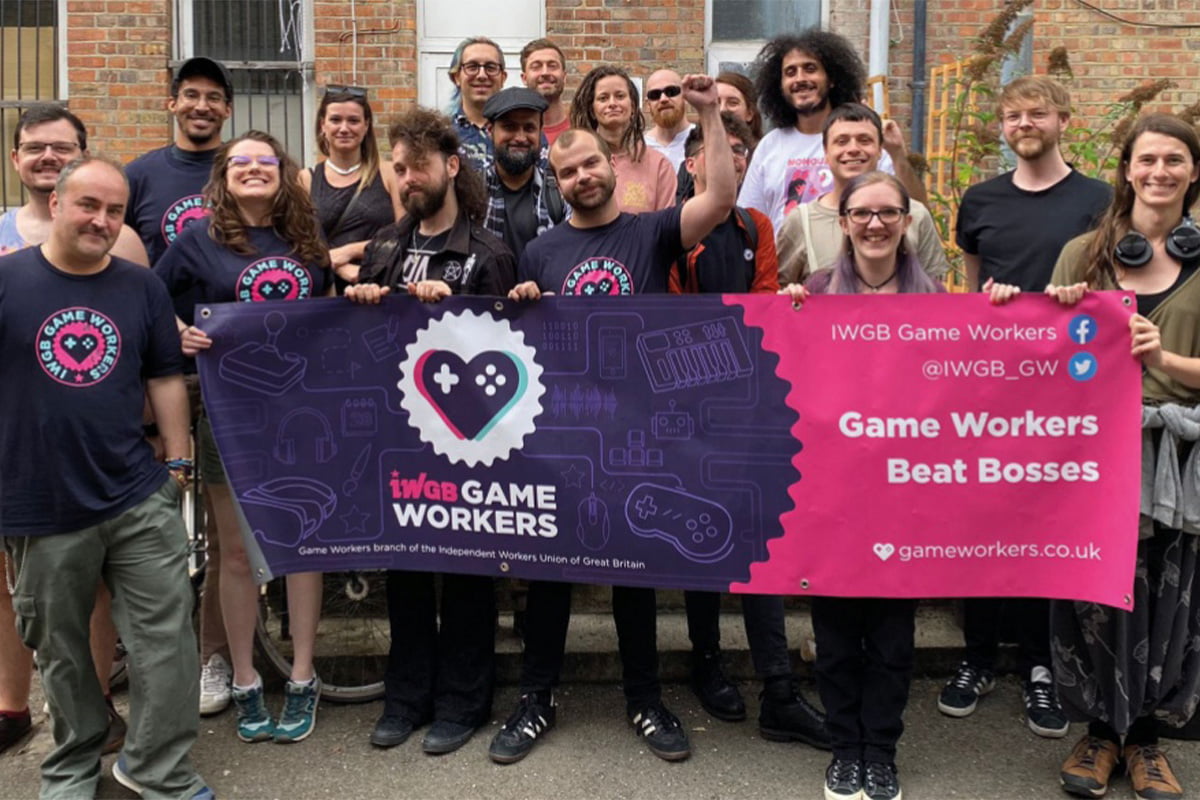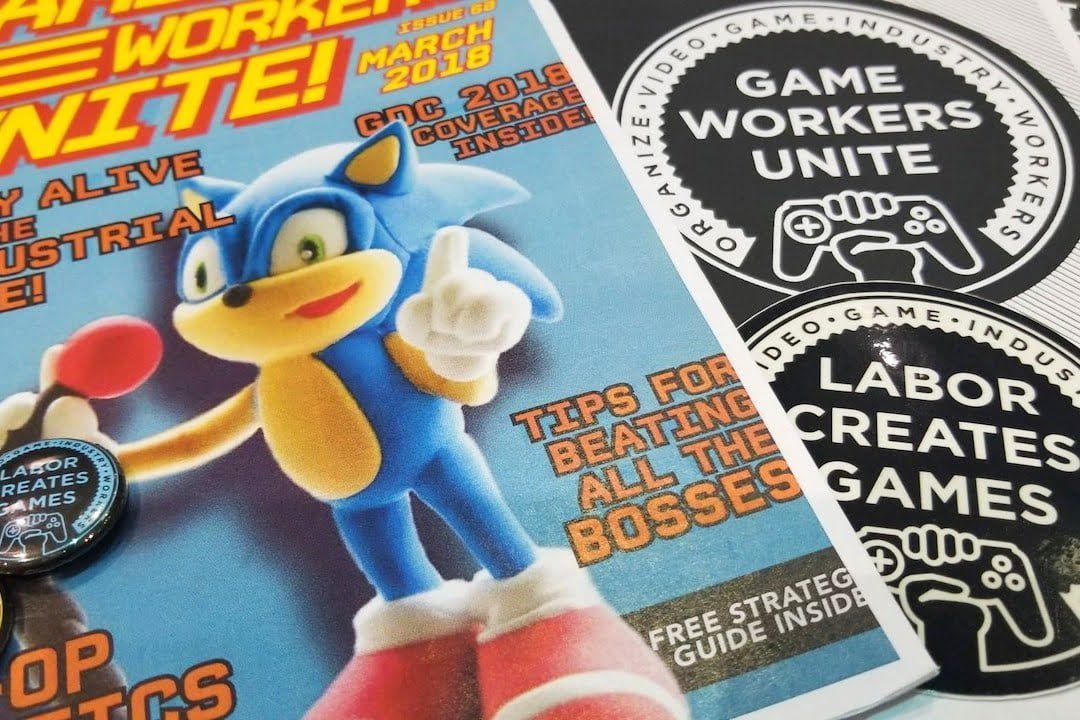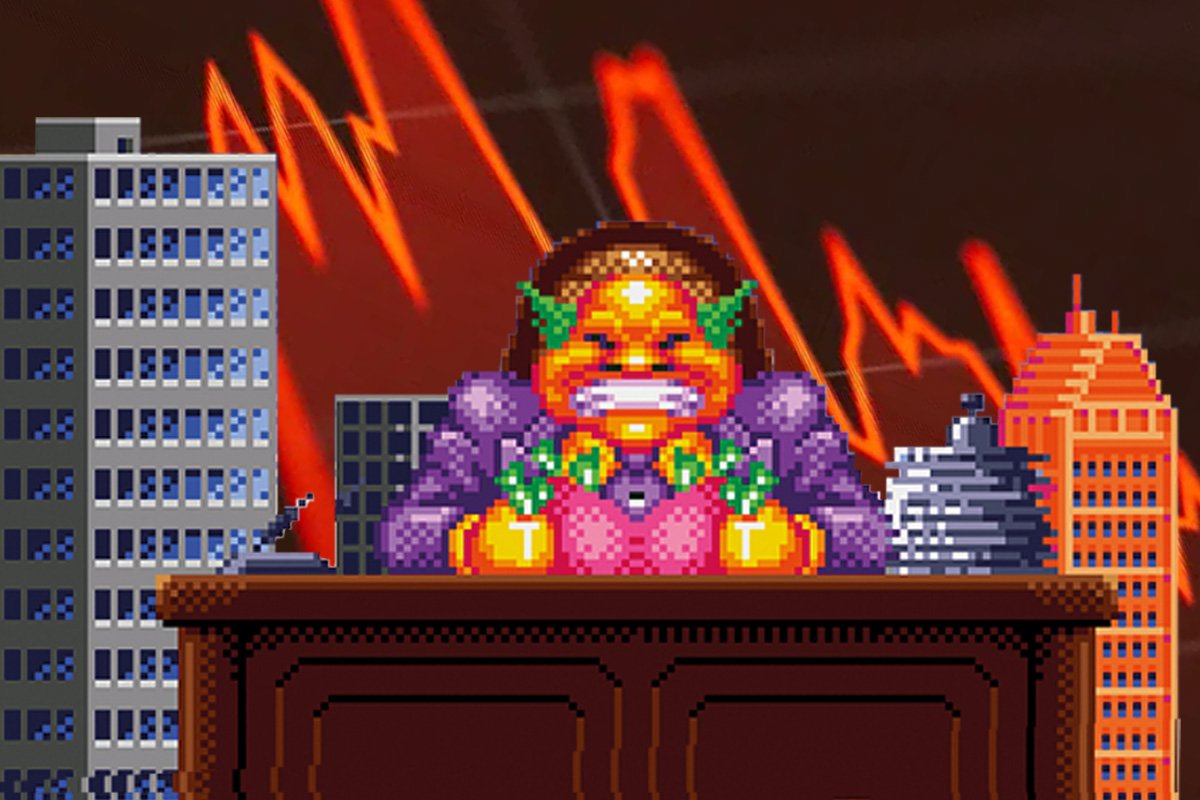The video game industry has grown to become one of the largest and most profitable parts of the entertainment sector, netting a record-breaking $184 billion in overall revenue in 2023.
Despite this, investor confidence is shaky. Parallels are being made to the period before the industry last crashed, in 1983.
Alongside this, game quality is rapidly declining. And 2024 is on track to be even worse for layoffs than last year.
A crisis is clearly brewing for the big video game developers. And as ever, it is workers who will be made to pay the price.
Attacks
Last year there were estimated to be over 11,000 job losses in the video game industry, with 900 in Britain alone. Already in 2024, there have been over 6,000 jobs cut.
The real figure is undoubtedly far higher. This is due to the common practice of ‘silent layoffs’ in the industry, whereby workers aren’t fired, but instead find their contracts not being renewed.
Similar to other jobs in the tech industry, the majority of game workers are on highly casualised contracts, and on low wages that do not stand up to inflation.
Game workers have not taken this lying down, however. Following the example of workers in the tech and entertainment sector, which has seen increased industrial action recently, more and more game industry workers are beginning to unionise.

The game workers’ branch of the IWGB union reported a 50% rise in membership over 2023, with 12% of that coming in October alone.
Quality
There have also been serious concerns raised – from industry professionals and gamers alike – about the declining quality of games being released.
One need only look at the countless examples of ‘blockbuster’ games in recent years that have been released in a broken and unplayable state. This has become such a common occurrence that it’s now an exception when games are released that don’t have these issues.
All the biggest, so-called ‘AAA’ companies – Electronic Arts, Activision/Bethesda, and Ubisoft – are also notorious for predatory practices such as ‘micro-transactions’: getting players hooked and pushing them into purchasing more and more ‘in-game content’, in order to maximise revenue.
Socialism
The problem, however, is not simply one of a few particularly greedy companies. Under capitalism, video games are a commodity like any other. To the monopolistic developers, generating profits is the number one priority. Questions of quality and playability come a distant second.
Hence we see corners cut, games rushed, and workers laid off. As in Hollywood, companies play it safe by relying on sequels of existing franchises, rather than taking risks on new ideas.

It’s often remarked within the video games industry how miraculous it is that any game is ever released. The amount of time, coordination, and planning that goes into producing games is immense. Ultimately, not a single game would ever see the light of day without the thousands of workers involved in developing them.
The solution is clear. The large AAA studios should be expropriated, and run by the workers themselves. On this basis, the shackles of profit would be smashed, and the creativity of game developers could reach its full potential.
Tonight, Wednesday 20 March, at 6.30pm in the Meli Cafe, Newcastle Communists are organising a public meeting entitled ‘Video game layoffs – what can we do?’, to help organise game workers against the bosses’ attacks. All are invited to attend and join the discussion.






